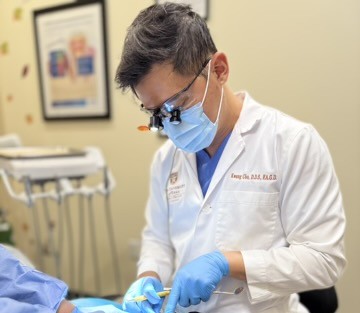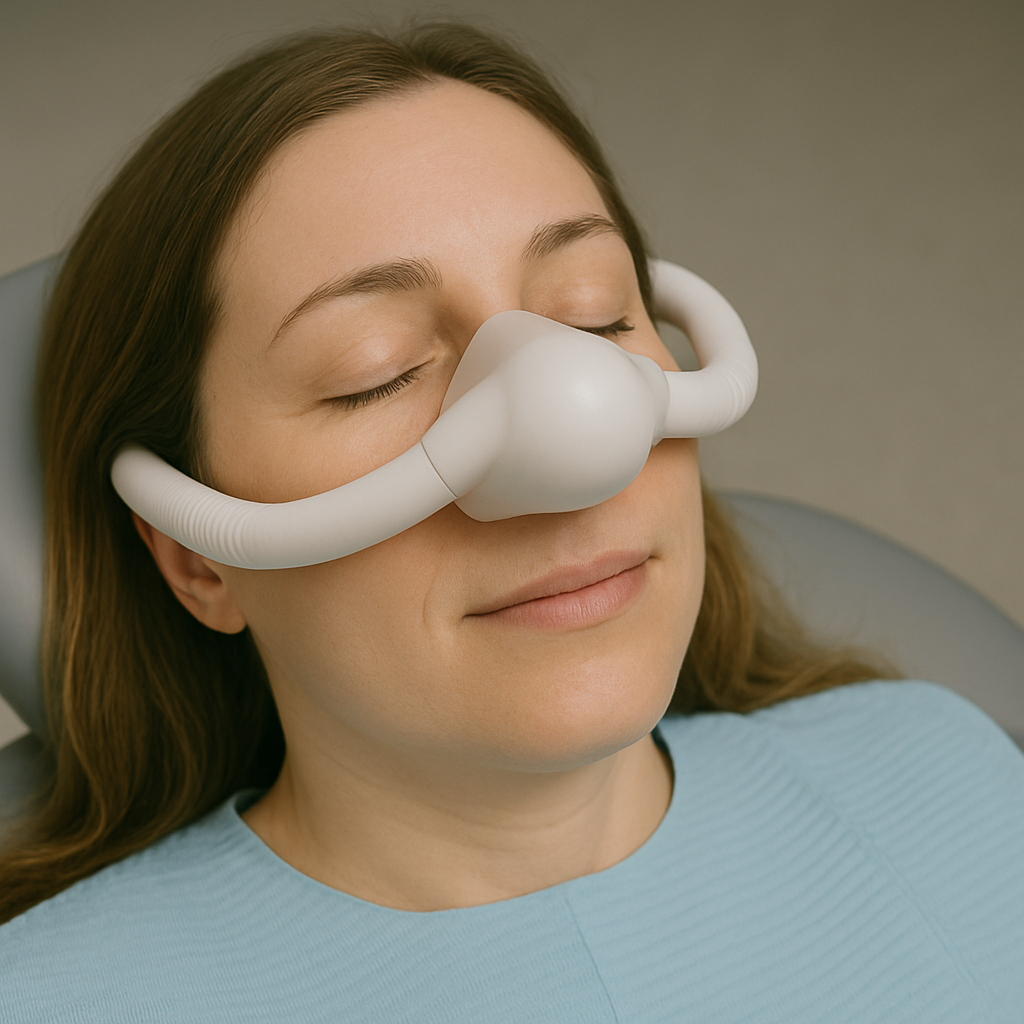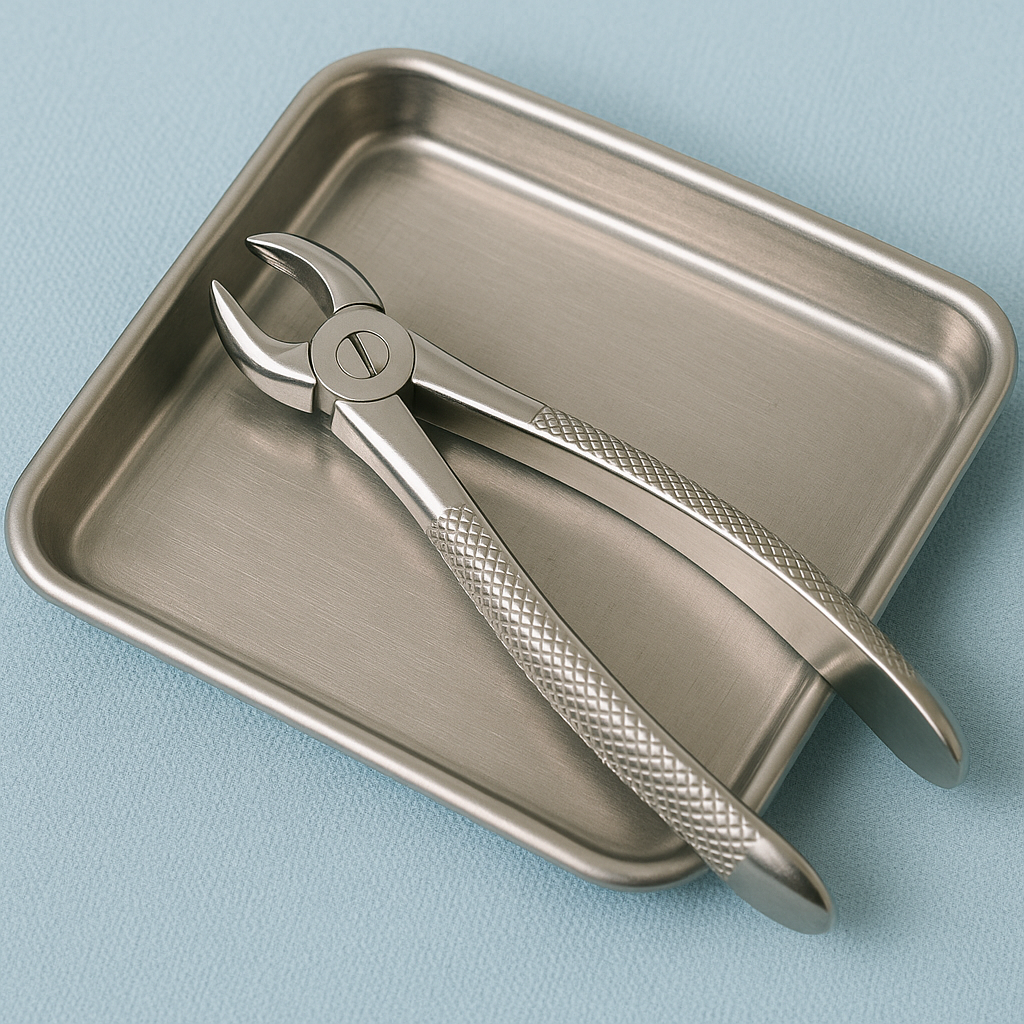Extractions & Oral Surgery
Dental Extractions & Oral Surgery in League City
Safe, Gentle Care for a Healthy Smile
At Autumn Family Dentistry, we understand that dental extractions can be stressful. Our team provides compassionate, professional care for patients needing simple or surgical tooth removal, whether due to decay, infection, crowding, or preparation for restorative treatments like dentures, dental implants, or orthodontics.

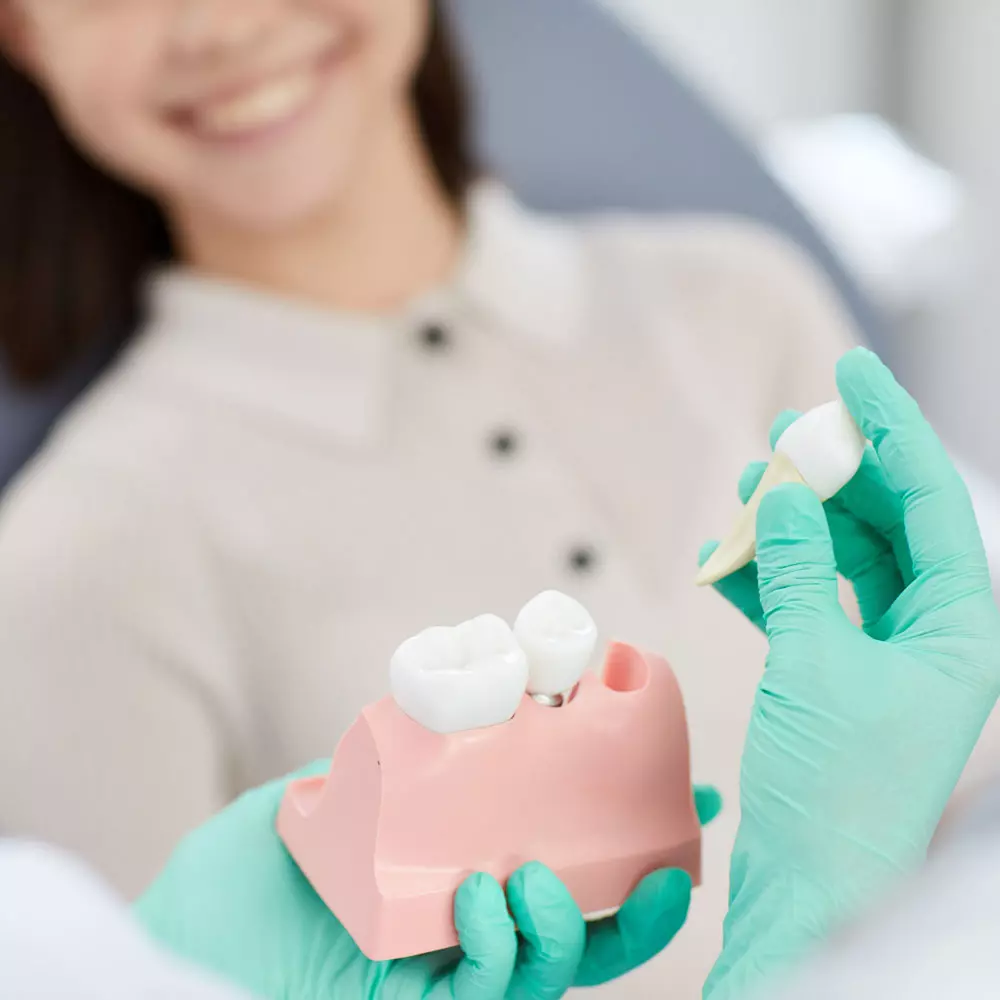
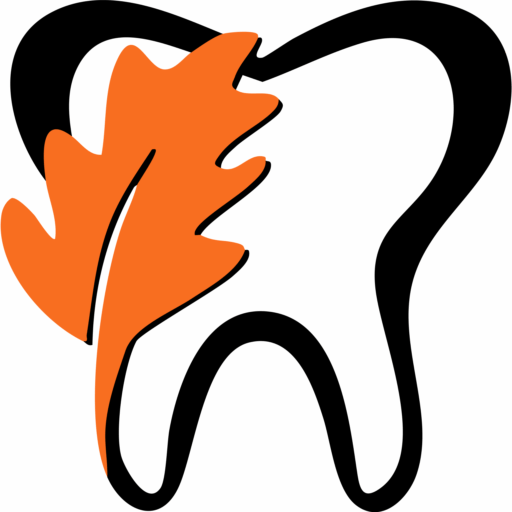
For urgent inquiries, please call
(281) 524-4435
Why Choose Autumn Family Dentistry for Extractions
Patients trust us for extractions and oral surgery because we offer:
- Gentle, compassionate care: Prioritizing comfort and well-being at every step.
- Comprehensive approach: Preserving natural teeth when possible and planning for restorative options like implants, bridges, or dentures.
- Custom sedation options: Mild and moderate sedation available, with referrals for deep sedation if needed (learn more →).
- Personalized attention: Tailored instructions, follow-up care, and guidance for proper healing.
Choosing Autumn Family Dentistry means receiving care in a trusted, patient-focused environment.
